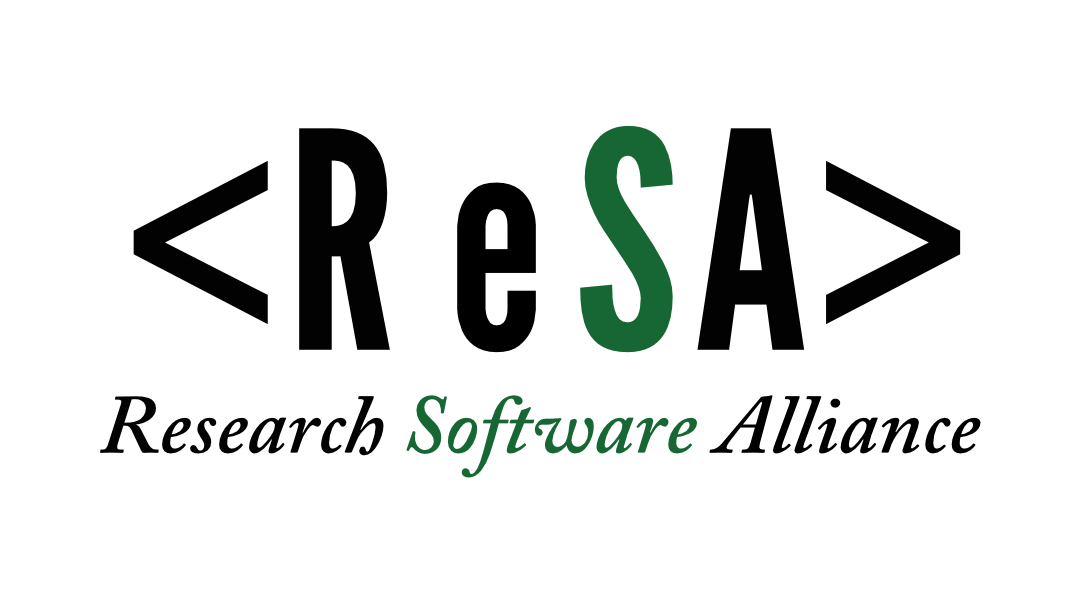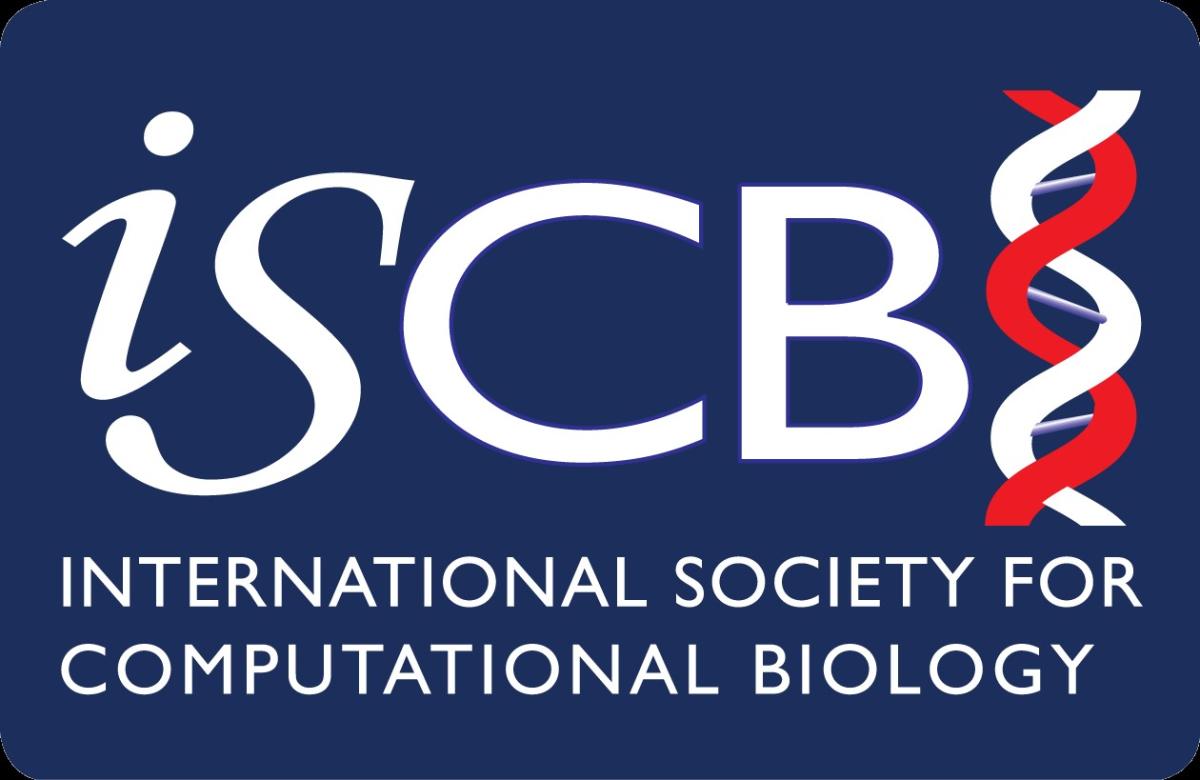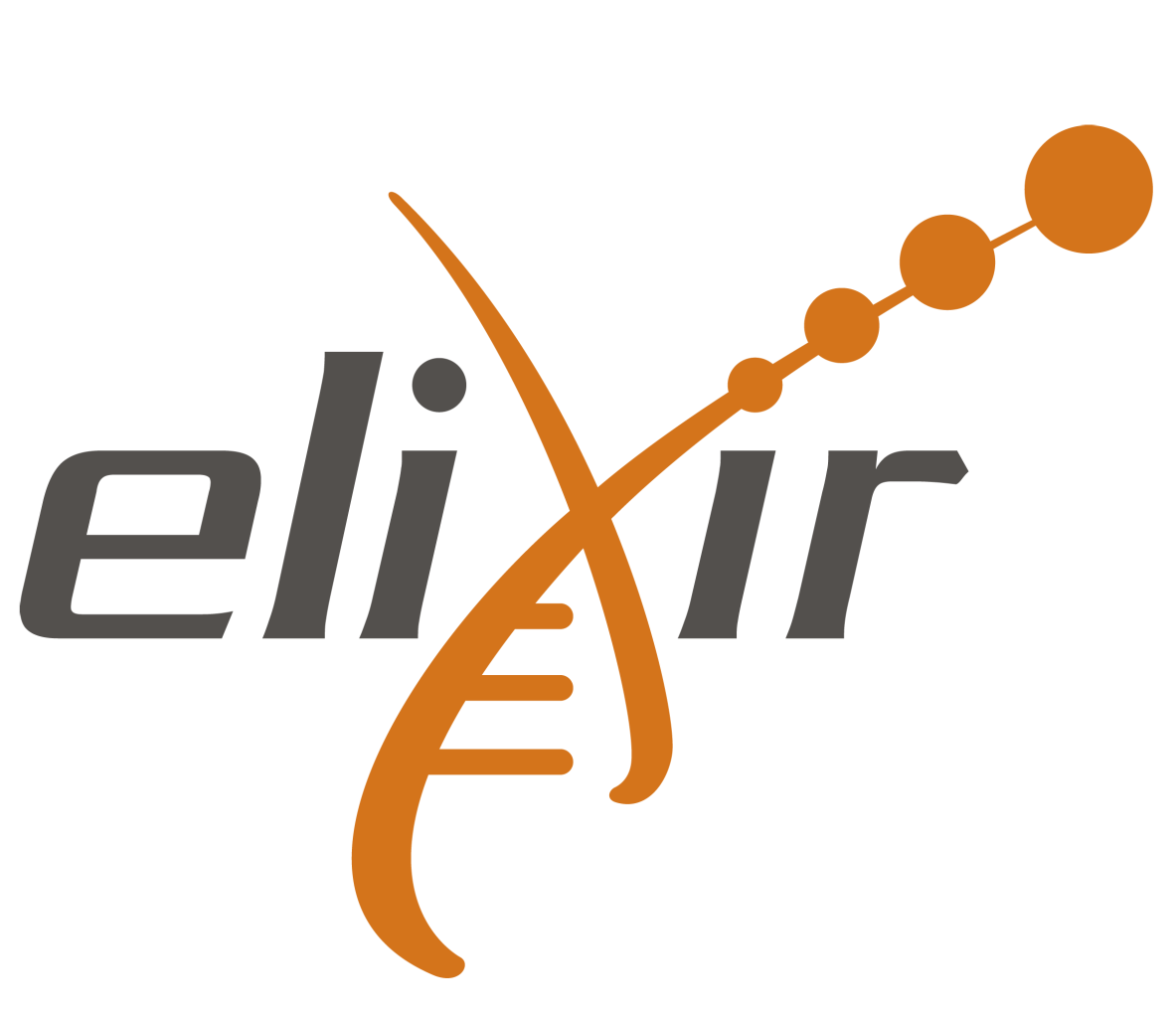Memberships

The Research Software Alliance (ReSA) unites global research software communities to drive collaboration, innovation, and recognition for the critical role of research software and its contributors. ReSA’s vision is to ensure that research software and its developers are acknowledged as fundamental to advancing research worldwide. ReSA focuses on software developed specifically for research purposes, as defined in the FAIR for Research Software Principles.

The International Society for Computational Biology (ISCB), founded in 1997, is a leading global organization dedicated to the advancement of computational biology and bioinformatics. With a membership exceeding 4,000 individuals from diverse backgrounds—including researchers, practitioners, and students—ISCB plays a pivotal role in fostering collaboration and knowledge sharing within the scientific community. Its mission focuses on promoting research, training, and inclusive community building while advocating for open-access science.

The Workflows Community Initiative (WCI) is a collaborative effort aimed at enhancing the community around computational workflows, focusing on the principles of Findable, Accessible, Interoperable, and Reusable (FAIR) digital objects. WCI is dedicated to enhancing the development and implementation of computational workflows by establishing clear goals and fostering collaboration among stakeholders. The initiative aims to define FAIR principles that guide the entire lifecycle of computational workflows, from their initial specification to execution. Additionally, it seeks to establish metrics for assessing the FAIRness of these workflows. The RSU Bioinformatics Group actively participates in WCI meetings, contributing to discussions on FAIR computational workflows.

The European Life Sciences Infrastructure for Biological Information Consortium (ELIXIR) is an intergovernmental organisation that brings together life science resources from across Europe, uniting scientists from over 240 research institutes across 21 Member countries and three Observer countries, along with the European Molecular Biology Laboratory's European Bioinformatics Institute (EMBL-EBI). Its primary goal is to facilitate access to and analysis of life science data, enhancing the impact of research on public health, the environment, and the economy. The RSU Bioinformatics Group is actively working towards Latvia's accession to ELIXIR, first as an Observer and subsequently as a full Member, aiming to strengthen the country's contributions to this vital European initiative.



